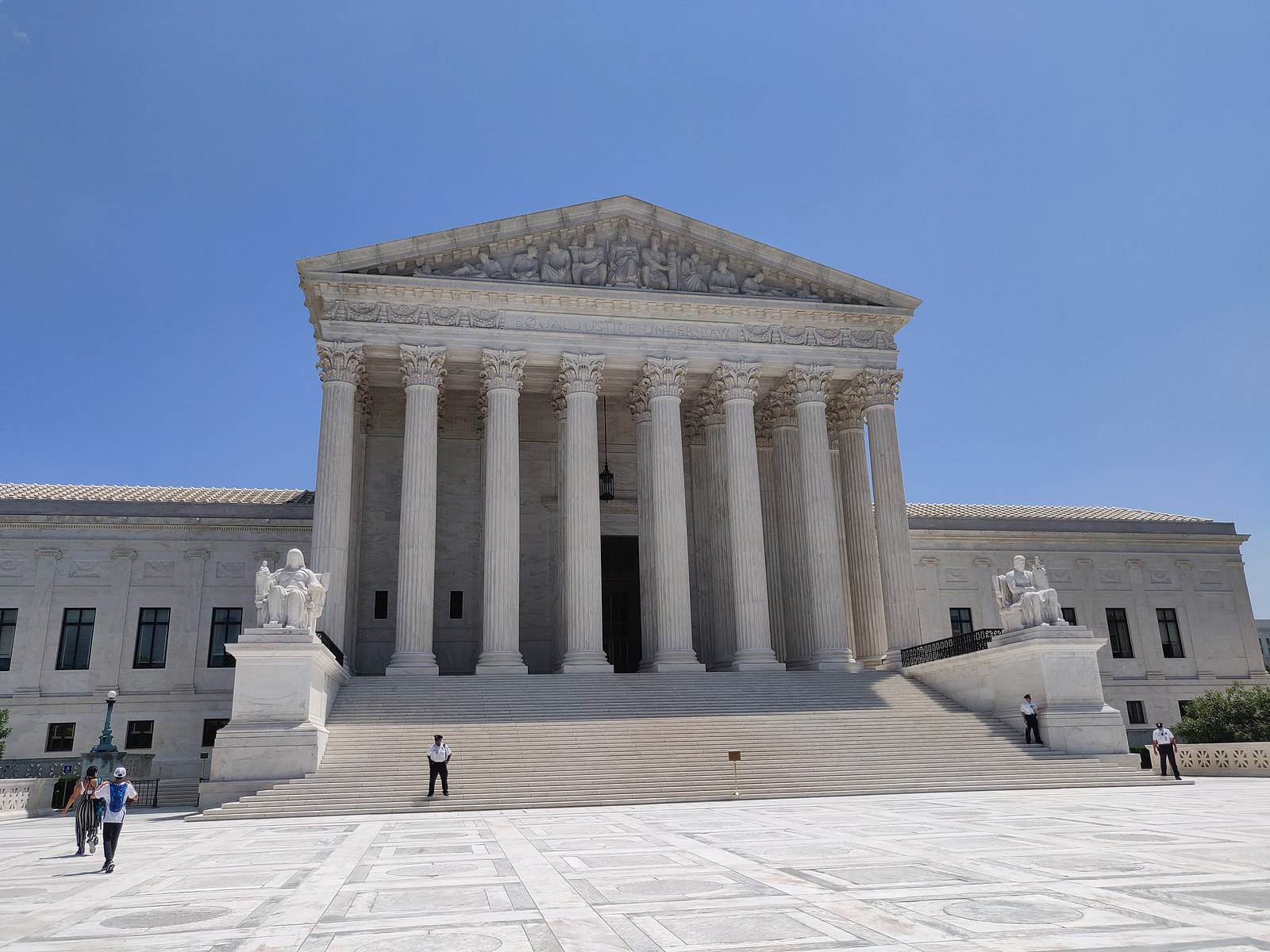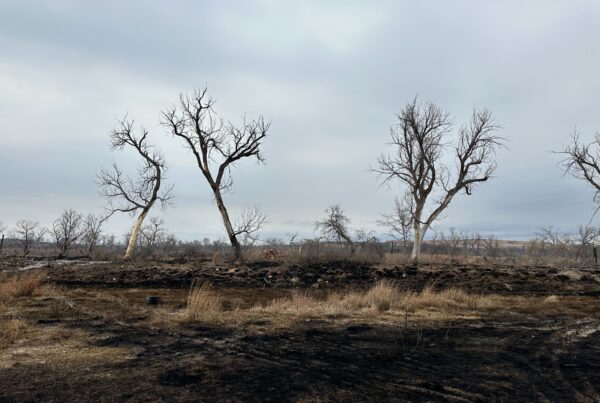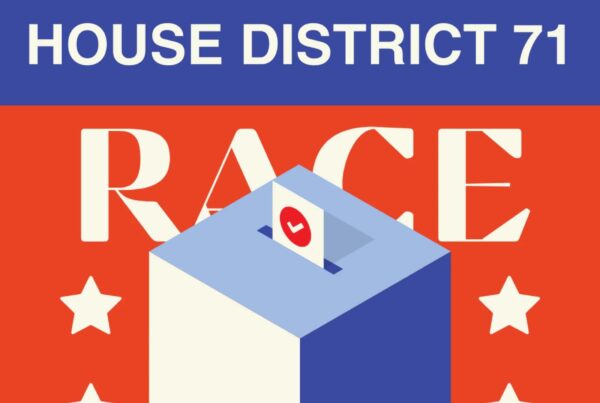The Supreme Court ruled Monday that Colorado can’t remove former President Donald Trump from its primary election ballot. This decision comes just hours before Super Tuesday.
Texas and Colorado are among the states set to hold presidential primary elections on March 5.
This case was specifically directed at a decision by the Colorado Supreme Court, which had held that Trump’s actions leading up to the Jan. 6 attack at the U.S. Capitol were a violation of section three of the 14th Amendment. That part of the Constitution says those involved in an insurrection are ineligible to serve in government.
In a unanimous and historic ruling, the Supreme Court said states cannot make that section 3 determination.
Charles “Rocky” Rhodes, a professor of constitutional law at South Texas College of Law in Houston, says that while all of the justices agreed Trump had a right to remain on the ballot, they did so for different reasons. Listen to the interview above or read the transcript below.
This transcript has been edited lightly for clarity:
Texas Standard: Colorado wasn’t the only state saying Trump wasn’t eligible to be on the Republican primary ballot. What does this mean for similar efforts in Maine and Illinois?
Charles “Rocky” Rhodes: Yeah, it means that they’re not going to succeed.
And in fact, really the takeaway from this opinion is that the majority of the Supreme Court is saying that for Trump to be declared disqualified based on his actions from Jan. 6, that that’s going to require congressional legislation. And so, essentially, the court has punted this issue to Congress knowing full well that Congress isn’t going to do anything about it.
I take it this decision wasn’t much of a surprise, given the nature of the justices’ questions during oral arguments. Even some of the justices considered liberal by court watchers seemed to be wondering aloud during that questioning whether one state could make a determination that someone was ineligible for the ballot. Have the justices ever been asked to rule on section three eligibility before?
The court has not ruled on section 3 before or what it means.
There’s some lower court cases. There had been a decision by Chief Justice Chase back in the 1860s when he was sitting on circuit – in other words, one judge. But there had never been a Supreme Court decision on the sweeping scope of section 3 before. And so this, of course, was very significant with respect to that.
And all the court agreed that for federalism purposes, Colorado should not be able to exclude a national candidate for president from the primary ballot because then, hey, Texas could exclude Joe Biden. And then that would have tit-for-tat, and that wasn’t part of our scheme of division between federal and state power.
We did have a split, though, with the court, where five of the justices and the per curiam opinion went further and said that the only way that President Trump can be removed is through congressional legislation, where four of the justices objected to that, because a lot of times there are other mechanisms to challenge somebody’s ineligibility for office that the majority of the five justices in that opinion are taking off the table.
Well, in terms of breadth, I suppose, is that we’re looking at 5-to-4 – five of the justices, the majority in the per curiam opinion, saying that it’ll take Congress to activate, in a sense, section 3 of the 14th Amendment. That it’s not self-activating as some legal scholars have described it.
The majority opinion went on to great lengths to say all nine members of the court agree with the result, though not necessarily the reasons why. Did you spot the differences?
Yeah. So that’s the major difference, is that the five in the majority said that section three is not self-executing, and it requires Congress to enact legislation for it ever to be used.
The judges that agreed that President Trump should not be kicked off of the ballot in Colorado wanted to do it just on federalism principles, just with respect to a primary election with the president of the United States. And they didn’t want to reserve the question for a future case of whether or not congressional legislation was necessary.
But did it give Congress much direction what sort of law to craft?
Section 3, you have to remember, was developed in the context of the Civil War. And so there have been prior attempts at legislation with respect to some of these issues that Congress could draw upon. And some of the historical scholars have been looking at that and examining that.
And actually, we’ve had professors who had suggested to Congress two or three years ago that they should enact some kind of legislation, with respect to President Trump’s eligibility for holding office again after the events of Jan. 6.














